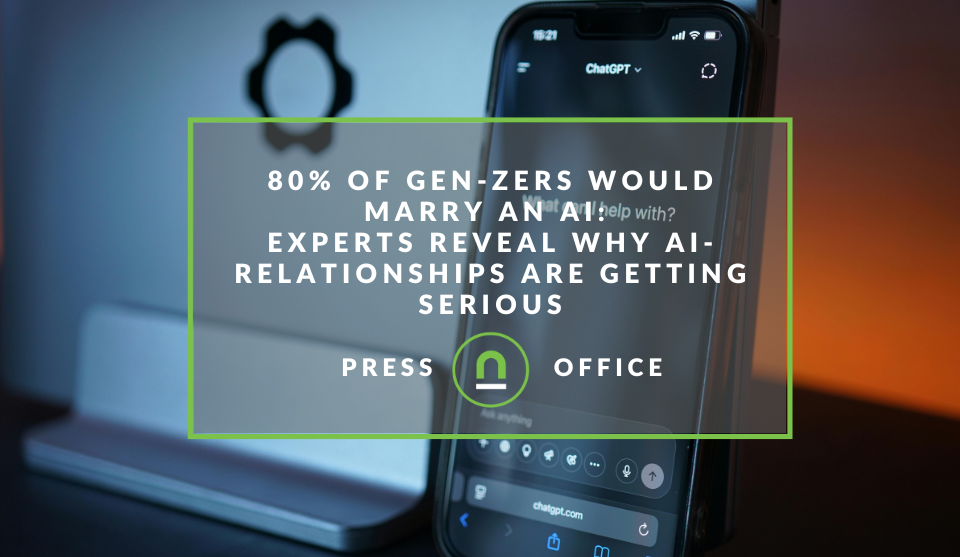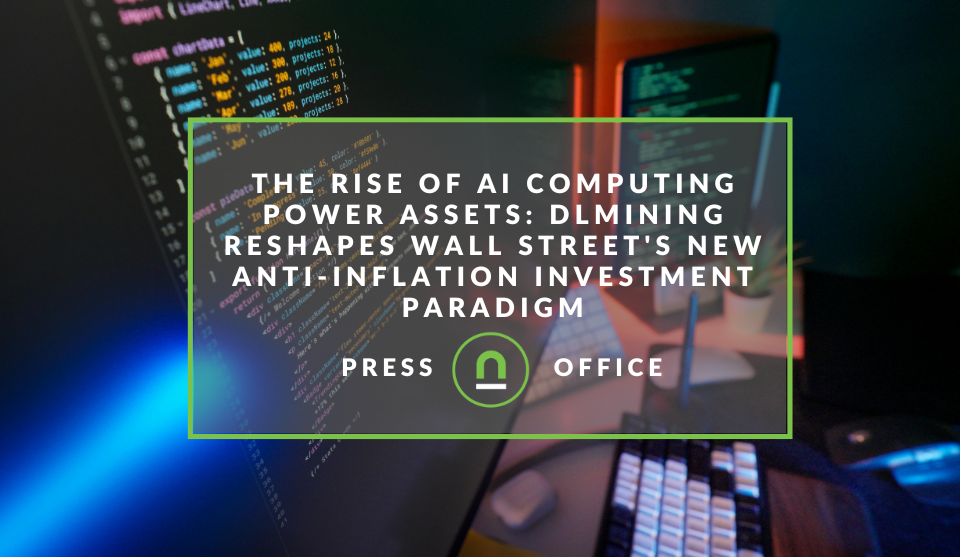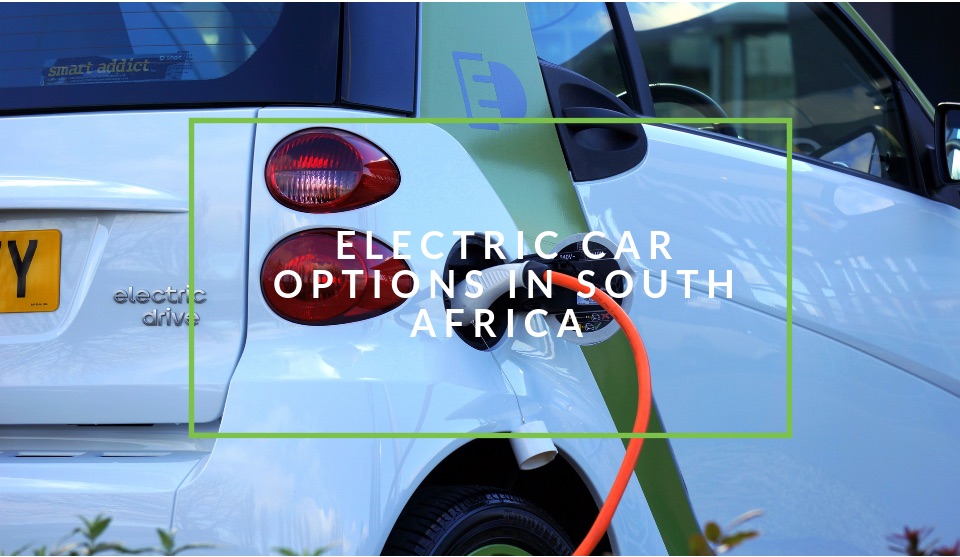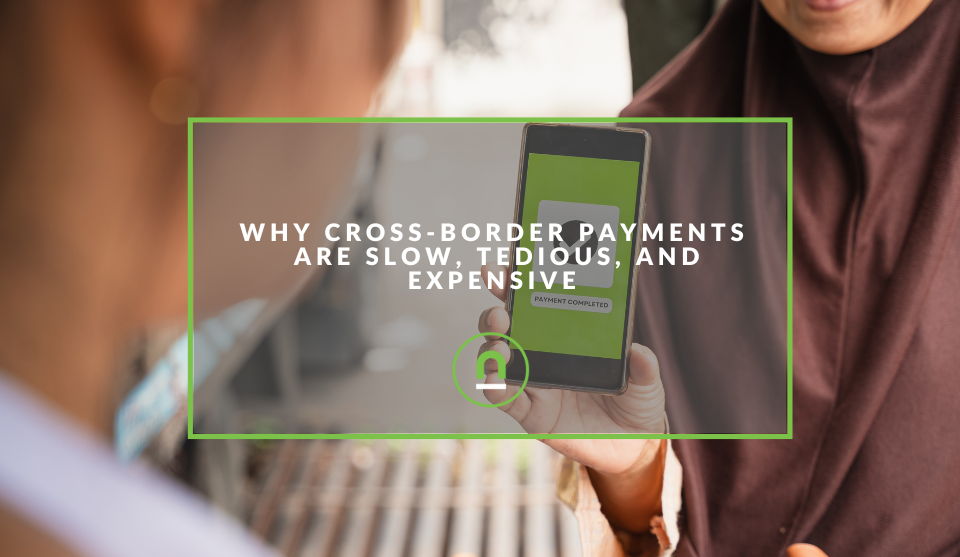Recent posts

Press Releases
Africaworks Accelerates The Rollout Of Real Estate Investment Platform
20 January 2026

Press Releases
80% of Gen-Zers Would Marry an AI
19 January 2026

Press Releases
The Rise of AI Computing Power Assets
16 January 2026

Industry Experts
Common ASO Mistakes African App Developers Make
09 January 2026
Popular posts
Extravaganza
Trending Music Hashtags To Get Your Posts Noticed
24 August 2018
Geek Chic
How To Fix iPhone/iPad Only Charging In Certain Positions
05 July 2020
Extravaganza
Trending Wedding Hashtags To Get Your Posts Noticed
18 September 2018
Money Talks
How To Find Coupons & Vouchers Online In South Africa
28 March 2019
What Are Your Electric Car Options In South Africa?
31 January 2019 | 0 comments | Posted by Che Kohler in Petrol heads
If there's one price we as South Africans love to complain about then its the price of petrol, while some of us try to conserve or find ways to reduce our consumption others may be looking to go off the grid or rather onto another grid so to speak. What seemed like a luxury of the distant future is slowly creeping closer towards reality with the shift towards electric mobility is gaining momentum. South African born Elon Musk and his company Tesla have made great strides in the field and as a result, several manufacturers are looking to the future and introducing electric vehicles (EVs) to the mass market.
While electric cars are starting to make an impact as a reasonable option in more developed markets, they aren't prevalent in the local markets for now, but things are changing and the next 5 years we could see EV's starting to stake a claim regularly on South African roads.
What are your electric vehicle options in South Africa?
Electric cars are starting to make a real introduction into the local market and you can expect to see in South Africa next few years. Getting these vehicles here is one thing but making sure we have the infrastructure to support them is a whole other ball game. First time EV owners will have to deal with the stark reality of having to risk travel vast distances, endure lack of charging infrastructure, range anxiety and of course, Eksom.
Another key issue of mass-market adoption is that this new technology will cost you more than an arm and a leg for the average consumer which is likely to remain key factors that will continue to stifle the adoption of electric cars in South Africa.
As fuel prices continue to historical record highs in South Africa, it may kick start the demand for electric cars. So if you're starting to entertain the idea of owning an electric vehicle in SA, what would you be getting yourself into, what are your options, costs and how would you operate without good old 95, 97 or diesel.
If electric cars wouldn't be a solution to the petrol price saga and you're stuck with a guzzler why not check out our top racing games of 2019 to keep your speed needs in check
BMW i8
The insanely futuristic-looking i8 comes with a sleek sensual design finish and even though it's not a fully electric vehicle, (technically it’s a hybrid) it can run on electric power alone, which is why I included it in this list. The i8 is extremely strong and light, due to carbon fibre reinforced plastic body panels and an aluminium chassis. The i8 has a range of about 37 km's on electric power alone and will reach speeds of up to 120 kilometres per hour while Switch to SPORTS mode and you'll have a combined 266kW available from all systems.
This is by no means an everyday car, however, its still classified in the supercar range and with a price of around R1 755 000 its not really an option most people will be lining up to for when they move towards electric.
BMW i3
Seen by many as the "affordable" option to the i8, the i3 is BMW's first mass-produced car with zero emissions, due to its electric powertrain. It features carbon-fibre-reinforced polymer (same as the i8) to improve energy consumption. And it’s just as futuristic on the inside as it is on the outside. The i3′s range is about 129 kilometres to 161 kilometres, but this does depend largely on how you drive, and on what setting.
The i3 eDrive costs R525 000, and the i3 eDrive Rex (with range extender) is R595 000.
BMW IX3
As mentioned earlier the i3 has been a premium compact electric city car and has been on sale in South Africa since 2015. BMW has looks set to expand the range with a new electric SUV in the works. Although the iX3 SUV was only shown in concept form at the 2018 Beijing Motor Show, it’s due to go into production in 2020 and will prove to be a fitting rival to the other premium electric SUVs on this list.
The BMW Concept iX3 draws styling inspiration from the new X3 which is produced at the firm’s plant in Rosslyn, Pretoria. The Concept iX3 is fitted with BMW’s 5th-generation electric drive system which offers 200 kW from its electric motor while a high-voltage 70 kWh battery will allow for a range of more than 400 km. It will also have a full charge that will take only 30 minutes using a fast-charging station.
Nissan Leaf
The Leaf has been available in SA for some time and has gone somewhat under the radar which is surprising since it was the first ever all-electrical vehicle to go on sale in the country. Just like the i8 and i3, it features a lithium-ion battery pack and an electric motor and has a range of about 195 km.
If you do run out of power, you can stop by a Leaf-certified Nissan dealership and recharge your Leaf up to 80% full in only 30 minutes. The Leaf is by no means an adorable purchase for many South Africans as it retails for around R 450 000.
Jaguar I-Pace
The Jaguar I-Pace is scheduled to arrive in South Africa in the first half of 2019. This car is powered by electric motors driving the front and rear axles with total outputs of 294 kW and 696 Nm. The liquid-cooled 90 kWh Lithium-ion battery is capable of rapid charging where it will obtain 80% charge in only 45 minutes using a DC 100 kW charger. A 7 kW home charging wall box will achieve the same result in just over 10 hours.
The I-Pace is said to have a range of about 480 kilometres. So if you have an average daily commute of between 40 and 50 km, the I-Pace will only have to be charged once a week.
Mercedes-Benz EQC
The recently-revealed Mercedes-Benz EQC is powered by a pair of electric motors, combining to deliver 300 kW and 765 Nm of torque. The Mercedes-Benz EQC features a water-cooled onboard charger (OBC) with a capacity of 7.4 kW, making it suitable for AC charging at home or at public charging stations. If you opt for the latter, you can go from 10%-80% in just 40 minutes and has expected to offer a range of 450 kilometres.
The Mercedes-Benz EQC is expected to reach South Africa in mid-2019
Audi e-tron
Audi recently revealed this car as its first all-electric series production e-
Tesla Model S
I know this is the one you've all been looking it, Tesla has become almost synonymous with electric vehicles that many don't even care about other manufacturers foray into this technology. But why has the Tesla captivated so many people? Well, aside from its charismatic and ambitious CEO the Tesla itself is by no means a conventional electric car.
What makes it stand out is the fact that it comes with either a 70 or 85kW battery, which gives it an awfully long range, and lightning fast acceleration. The flagship model with its 85kW battery and high-performance all-wheel drive will take you 407km’s on a single charge and will accelerate from 0 – 100 kilometres per hour (according to Tesla) in a mere 3.1 seconds.
There have been unconfirmed rumours that the car will be available in SA at the end of 2019 with reports saying that the Tesla Model S could start from R500 000 for the entry-level 70kW model.
Maintaining an EMV (Electric motor vehicle) in South Africa
Now that you have seen the options or possible options available and the price has yet to scare you off the idea, what about the day to day use of the car. How will you charge it? what can you get on a "tank"? Where can you charge your car? All pretty important questions so let's see what the life of an electric car owner in South Africa would probably be like.
How much will it cost to charge my electric vehicle?
Just as with petrol cars, the cost of charging differs wildly based on the vehicle’s efficiency. As an example, the 2016 Nissan Leaf currently boasts an official range of 190 km and a 21.25kWh/100km consumption.
Assuming an average South African can drive 30,000 km a year this equates to around R29.75 per 100 kilometres (at household kWh consumption rates) or R8,925. While this is notably cheaper than the current petrol price of R13.32 (93 unleaded – 7 June 2017), there is also another cost factor that one has to take into account when owning an electric vehicle – time.
According to a March 2017 Deloitte report, 55% of South African motorists are willing to wait a maximum of only 1 hour to fully charge an all-battery powered electric vehicle. In comparison, it currently takes 3-4 hours to fully charge an electric vehicle at super-charging stations and 6-8 hours at home.
In addition, more than half want a minimum distance of more than 400 kilometres from a fully charged electric vehicle while studies show that the majority of electric vehicles currently on the market can only handle between 120 km – 320 km on a single charge.
Can I charge my electric vehicle at home?
South Africa has one nation well known for electricity shortages or as we like to call it "load shedding" and while it doesn't happen as often its still a concern for EV motorists.
All South Africa’s electric models support traditional wall charging, it is also possible to install specific charging stations such as BMW’s Wallbox or whatever brand you chose, the wall box will come at an extra cost with BMW's costing around R25 000. It is also subject to comprehensive consultation and individual on-site inspection during which the house’s electrical system can be expanded if necessary.
Charging station locations
Home charging is cool but what if you're out on the town and can't manage to get home every time you need to charge? You can't exactly pull up at a friends house you'll need to look at alternative fueling stations such as dealerships.
According to a recent Cars.co.za report as of May 2017, Nissan has a total of nine charging facilities in Gauteng and an additional five locations that are not attached to dealers as part of ongoing support for its Nissan Leaf model. These public stations are free to use but are primarily AC charging stations meaning the charge time is much longer than DC charging stations. In comparison, BMW South Africa has seen a greater nationwide roll-out after it which launched the fully electric i3 (and range-extender REX version) in 2015.
There are currently 38 BMW i-dealerships dotted around South Africa in 8 provinces. Nissan, BMW and Growthpoint properties have subsequently entered a Memorandum of Understanding share costs of public charging facilities, which is currently in place until 31 December 2017. There are currently no Nissan Leaf dealerships outside of Gauteng, although BMW currently boasts 5 dealerships with charging stations attached in KZN, 2 in the Eastern Cape, 1 in the Free State, 1 in Limpopo, 2 in Mpumalanga, and 2 in the North-West.
Tell us your car story
Have you ever driven an electric car? What was the difference like to you? Are you ready to give up your petrol vehicle? Leave a comment and let us know.
Find automotive experts with nichemarket
Automotive businesses render various services from repairs, sales to modifications and more. If you need expert advice on vehicle-related queries, then check out automotive businesses currently listed with us.
List your automotive business for FREE
Create your free business listing on nichemarket. The more information you provide about your business, the easier it will be for your customers to find you online.
Registering with nichemarket is easy, all you will need to do is head over to our sign up form and follow the instructions. If you require a more detailed guide on how to create your profile or your listing, then we highly recommend you check out the following articles.
Tags: electric car
You might also like
Why Cross-Border Payments Are Slow, Tedious, and Expensive
17 December 2025
Posted by Che Kohler in Money Talks
While we have modernised many industries, surprisingly, digital payments are struggling to keep up, and the old way of transferring funds online has ...
Read moreThe Rise of AI Computing Power Assets
16 January 2026
Posted by Rehman Ali in Press Releases
An introduction to Cloud mining and monetising cloud computing as DLMining Reshapes Wall Street's New Anti-Inflation Investment Paradigm
Read more{{comment.sUserName}}
{{comment.iDayLastEdit}} day ago
{{comment.iDayLastEdit}} days ago
 {{blogcategory.sCategoryName}}
{{blogcategory.sCategoryName}}

